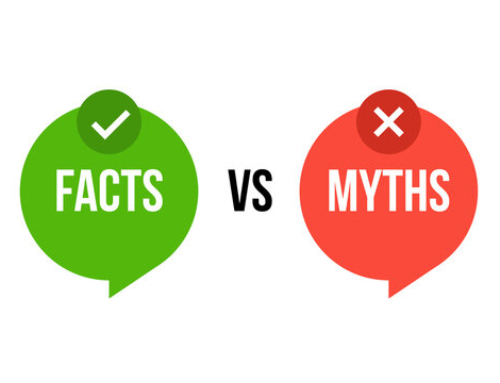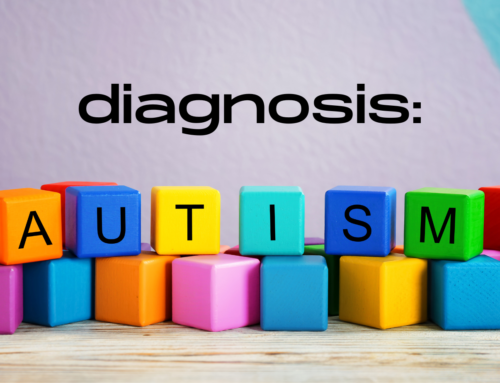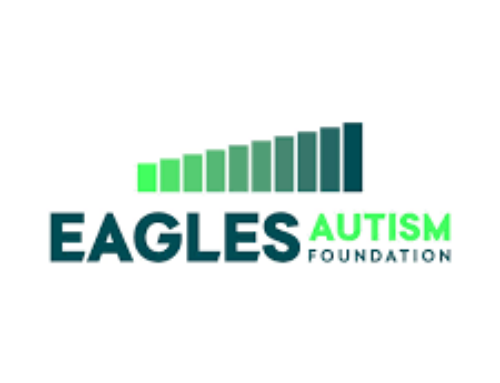Time can be the enemy for families waiting for a diagnosis for children they suspect may be on the autism spectrum. And after a child is diagnosed, the ability to pay for and access necessary therapies is sometimes an impossible roadblock.
Researchers from the Centers for Disease Control and Prevention (CDC) recently announced that an estimated 2.24 percent of children in the United States may have autism. This is a nearly 80 percent increase from 2011 to 2013, when it was estimated that 1.25 percent of children in the U.S. were diagnosed with autism.
Before diagnosis, families can experience waitlists as long as 12 months. After diagnosis, families often wait a few months to more than a year before starting treatment — that is, if they can afford treatment at all.
A growing disparity exists between families that are able to access and pay for services for their children with autism and those that cannot. Advocacy for early identification and intervention matters, but not all families can afford to follow through on what is recommended or do so quickly.
This places a greater burden on families, hospitals, school systems and communities.
In a new study in Autism, researchers from the CDC and other organizations found that 13 percent of  children previously diagnosed with autism lost the diagnosis because of incorrect diagnoses, developmental maturation and treatment.
children previously diagnosed with autism lost the diagnosis because of incorrect diagnoses, developmental maturation and treatment.
These results are not surprising, and they reflect what I see in clinics in the Chicago area. On a typical day, I may see one family able to access up to 30 hours of direct services for their child with autism through private insurance or out-of-pocket expense, while another family cannot access private therapy because their insurance is not accepted and the out-of-pocket expense is too great. The out-of-pocket cost for one of hour of therapy for a child with autism can range from $100 per session to over $150, which can add up quickly.
The Affordable Care Act expanded coverage for autism, providing an important option for families to purchase plans in the marketplace. Unfortunately, not all families are able to afford the plans that cover more extensive therapies. The plans they are able to afford may not cover their preferred providers. To take away this option would be even more devastating for children and families and possibly leave them without any therapy for their child.
Compared with other children with special health care needs, children with autism face more serious gaps in insurance coverage, and many families report that coverage is inadequate. In Illinois, public insurance does not cover applied behavior analysis therapy, which can be very beneficial for children with autism.
Read the whole story HERE





